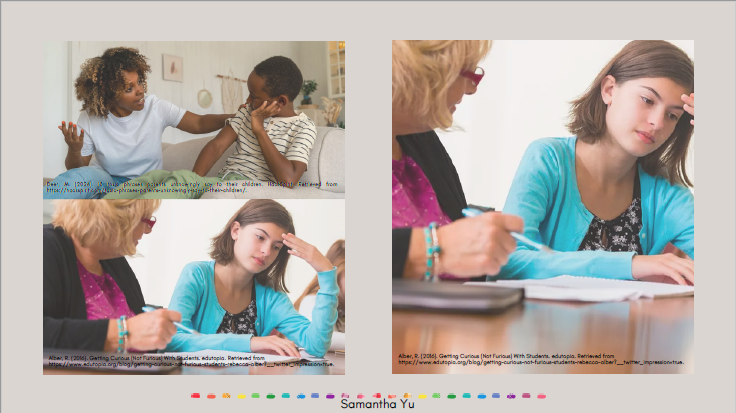Navigating Gender Identity Disclosure: Vulnerabilities and Characteristics Among Canadian Teens - A Response to Saskatchewan's Bill 137
Main Article Content
Abstract
In August 2023, the Government of Saskatchewan revised Chapter 46 of The Education Act, 1995, stipulating that teachers must notify parents when students under 16 wish to alter their name, pronouns, or gender expression to align with their gender identity. Bill 137 exposes sexual and gender Minority (SGM) youth to various risks, including potential rejection and harm from unsupportive families, as well as involuntary disclosure to parents, disregarding their intentional choices in coming out.
Prior to this policy change, the UnACoRN Study conducted a survey in 2022, involving 9,674 participants across Canada and the US, to explore where youth receive affirmation or denial of their identities, including in school environments. The study aims to reveal correlations between support systems, risk factors, and disclosure strategies.
This paper employs descriptive analysis and Pearson's Chi-squared test to examine the viewpoints of two key stakeholders: parents and teachers. It identifies significant disparities in gender identities, cultural backgrounds, and parental origin between groups who disclosed to both teachers and parents (n=374) and those who only confided in teachers (n=97).
These findings shed light on the complexities faced by SGM youth in navigating disclosure within evolving legislative frameworks. By highlighting the vulnerabilities of SGM youth who have not disclosed to their parents, this research prompts reflection on policy implications (like Bill 137 and others in New Brunswick and Alberta) and support systems that are crucial for mitigating the mental and physical health risks SGM youth encounter in the current social climate.
Article Details

This work is licensed under a Creative Commons Attribution-NonCommercial-NoDerivatives 4.0 International License.

